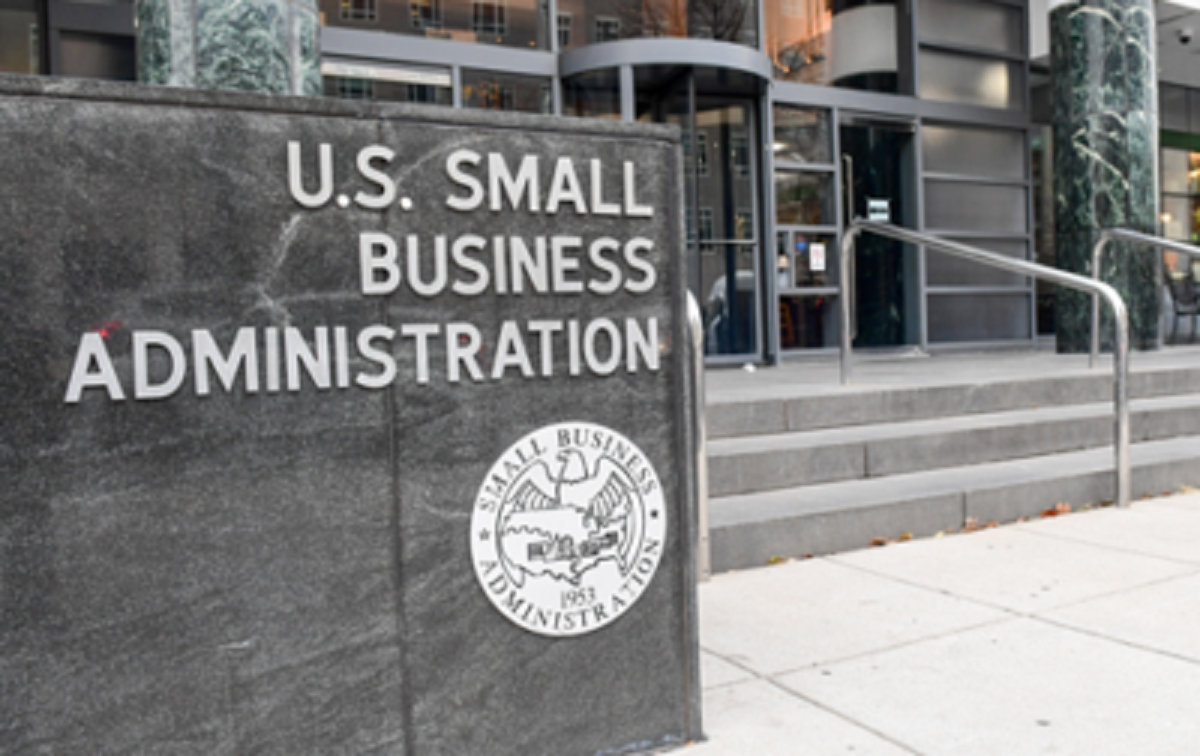New sole-source thresholds gives a bigger piece of pie to Tribals and ignores small businesses
SBA is expected to issue updated guidance on sole-source contract execution later this fiscal year.
Small businesses aiming to work with the Defense Department are about to see even larger gaps in equity — literally.
Proposed in November of 2024, the Federal Acquisition Regulation Council recommended the sole source IDIQ justification threshold to go from $100M to $150M. What this means is the colloquial “super 8as” which currently have $100M sole source contracts without justification and approval see a 50% increase in capability, whereas more traditional minority-owned 8as remain stagnant.
This is one of the more meaningful changes for small businesses in the National Defense Authorization Act. Every acquisition professional and business executive recognizes that raising the threshold simplifies the process and gives contracting officers more tools to work with when the timeline is tight or the requirements are unique, but leaves the large majority of small businesses working with the government outside.
A policy push rooted in inflation and performance
The rising cost of doing business — especially in the Defense sector — meant that the previous limits were out of step with reality, said Kelly Loeffler, the 28th SBA administrator, who said to Congress in an online video from the White House, “…focus on field activity, making sure the agency is accountable, and making sure they actually work for small businesses.”
This push allows many of the Alaskan Natives, Tribal and Native Hawaiians an even larger contractual advantage while minority-owned 8as see no support. For years the SBA has promised an increase from the $4.5M sole source threshold that many argue as inadequate and pedantic.
Reducing barriers, not oversight
Despite the increase, oversight requirements remain in place. Contracting officers must still determine that the vendor is responsible, that no other suppliers are reasonably expected to fulfill the requirement, and that the price is appropriate. But the administrative burden drops, especially when speed is critical.
This matters in emerging tech areas, like AI, cybersecurity and supply chain visibility — all areas where small businesses often lead innovation.
“I’m proud to see these critical small business provisions included in the package, which if enacted, will improve and strengthen programs like the State Trade Expansion Program that I helped create to support small businesses interested in exporting and competing abroad,” said then-Chairwoman of the Senate Committee on Small Business and Entrepreneurship Jeanne Shaheen (D-N.H.). “I look forward to seeing these provisions signed into law and delivering much needed changes that will make it easier for small businesses to thrive.”
Implications for the field
While this isn’t a wholesale shift in federal procurement, experts say the implications for the threshold increase are significant.
However, the proposed thresholds present no new opportunities for small firms who have historically bumped up against the previous ceiling. In practical terms, a HUBZone firm or service-disabled veteran-owned small business could receive a five-year task order valued at $4.5 million — without competing — so long as the agency can justify the direct award.
And with the DoD continuing to place a premium on speed and agility, that kind of authority can make a difference.
What’s next
SBA is expected to issue updated guidance on sole-source contract execution later this fiscal year. Meanwhile, some procurement shops are proactively updating their internal playbooks to reflect the new thresholds.
The hard work now is making sure field-level contracting officers understand the change and know how to apply it, because it’s not just about writing bigger checks. It’s about making the system more efficient and accessible.
However, many argue this change hurts the small businesses on main street and focuses on the “small businesses” on K street.
Daniel Sowders is vice president of Alpha Omega and a former Army intelligence analyst.
Copyright
© 2025 Federal News Network. All rights reserved. This website is not intended for users located within the European Economic Area.


